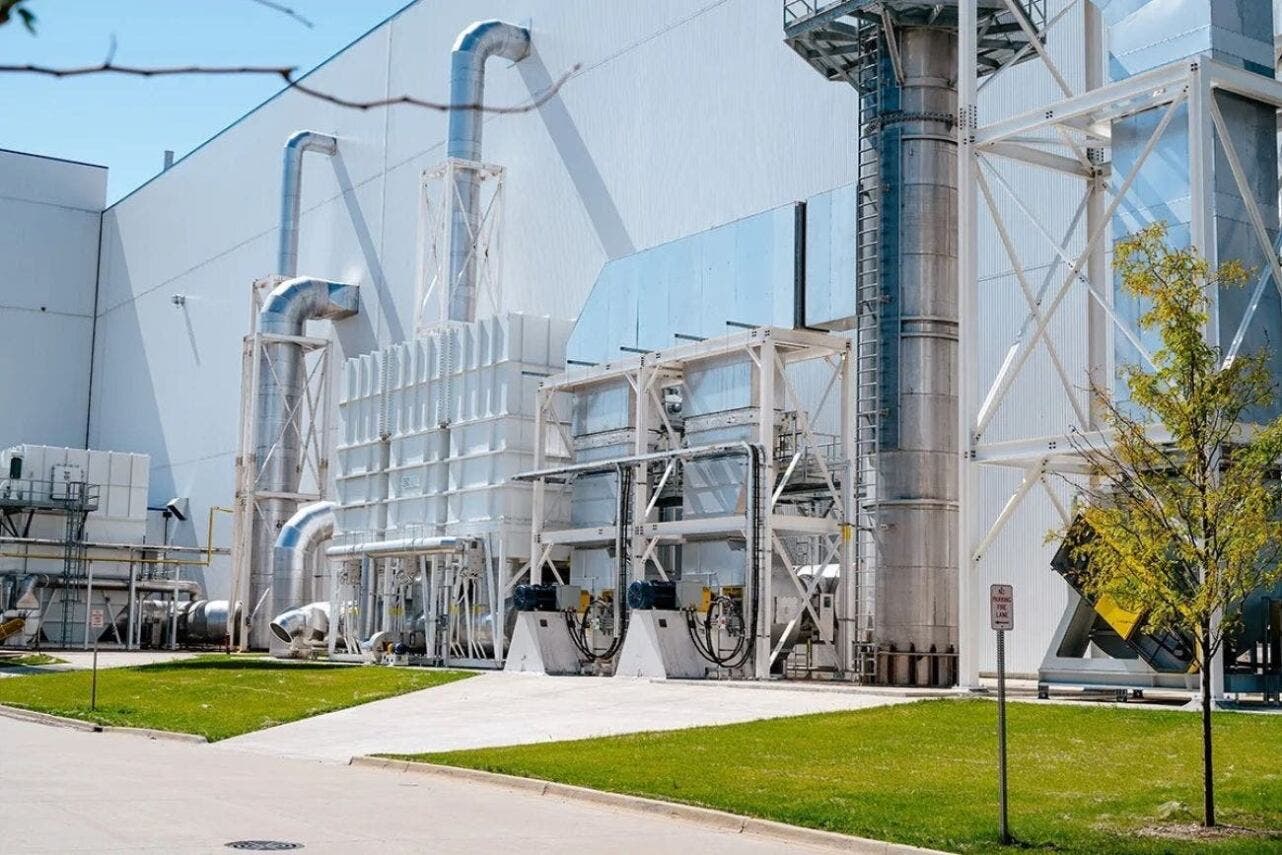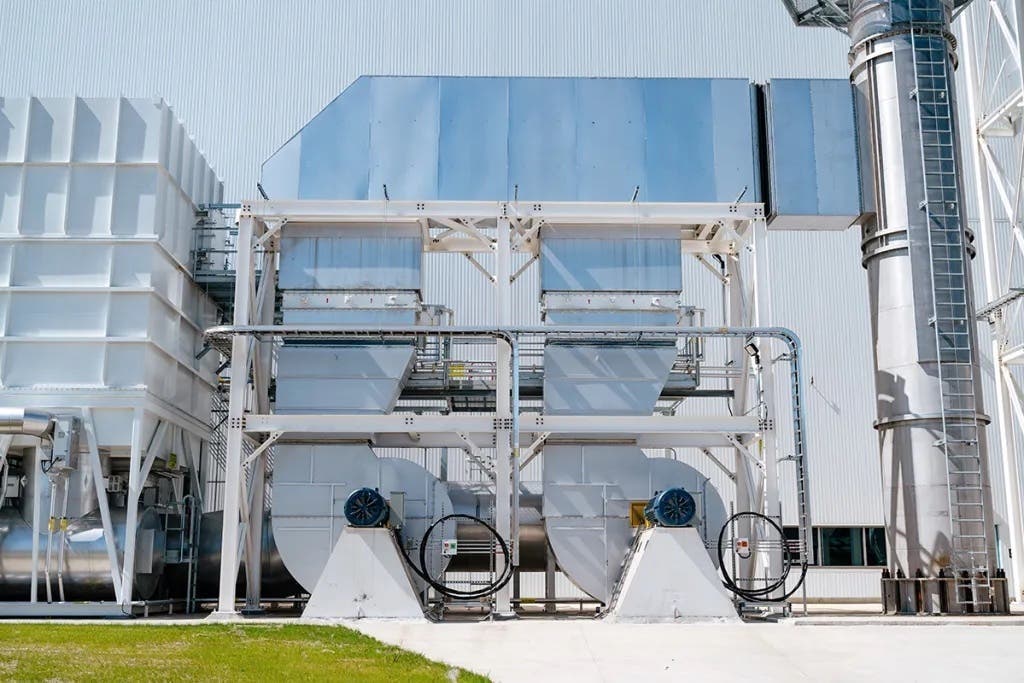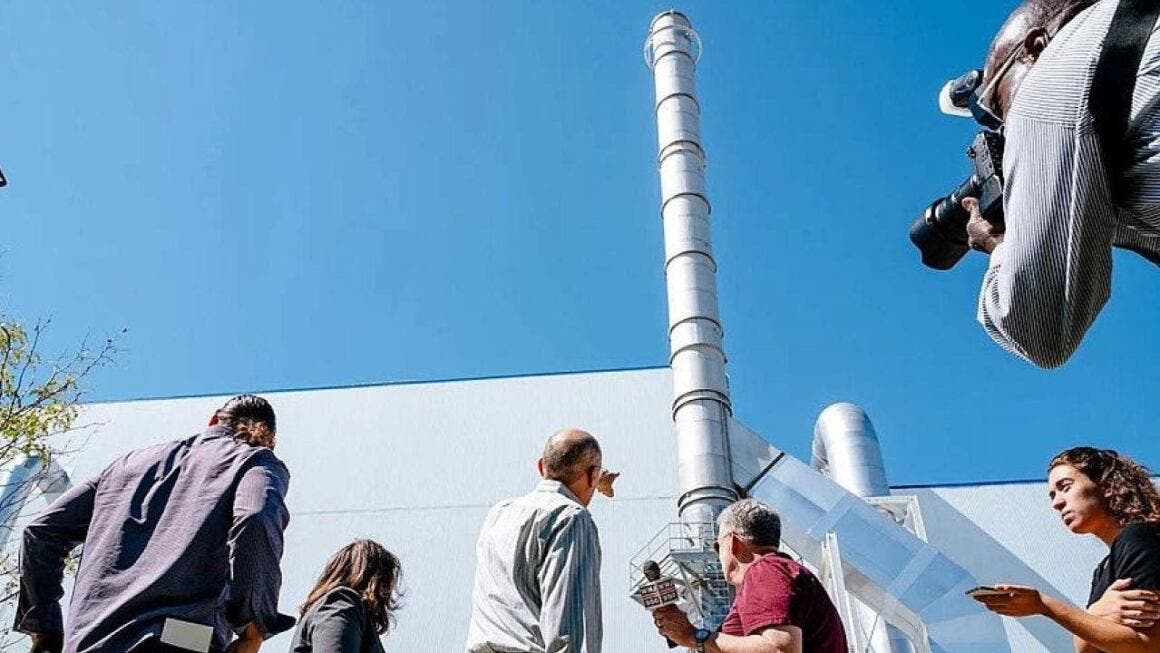Citizens and civil society representatives in Detroit are pressuring the Michigan Department of Environment to reject Stellantis’ request to increase emissions at its plant located in the eastern part of the city. It’s not an easy fight, and the industrial group’s request was not one that would have gone unnoticed. The company has proposed increasing emissions by 33% to operate a pollution control system designed to address bad odors in the area. This device, which is actually a Regenerative Thermal Oxidizer (RTO), however, generates new emissions itself.
Stellantis: protests in Detroit over request to increase emissions from its plant

It was already installed in June 2023, before a public hearing, and its use was authorized by the State as part of a legal agreement between Stellantis and authorities to resolve previous air quality violations. During a recent informational meeting, many participants raised concerns. Many wondered why an increase in particulate matter emissions is being approved, a fine dust that is dangerous to human health, as stated by the Environmental Protection Agency (EPA).
Stellantis has requested to increase emissions from 16.61 to 23.23 tons per year, and at this Thursday’s hearing, almost all attendees opposed it. From what emerged at the informational hearing, the request for increased emissions comes from Stellantis, and the State has a legal obligation to evaluate it, ensuring it complies with environmental regulations.

Senator Stephanie Chang also participated in the meeting, urging the State to push Stellantis to find a solution that doesn’t involve additional particulate matter emissions. “It’s unacceptable that this community has to choose between annoying odors and dangerous particulate matter. We must ensure cleaner air and greater protection of public health,” she said.
Stellantis representatives reiterated that it’s not possible to operate the RTO without increasing emissions, emphasizing that the emission limits at the Detroit plant are among the lowest in the industry. If the permit is rejected, Stellantis will have to find an alternative to operate the device without increasing emissions.
